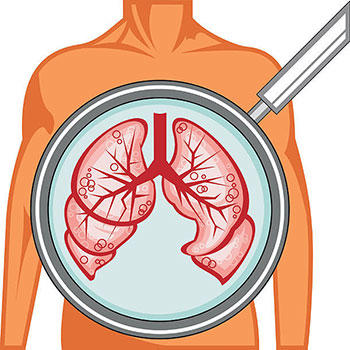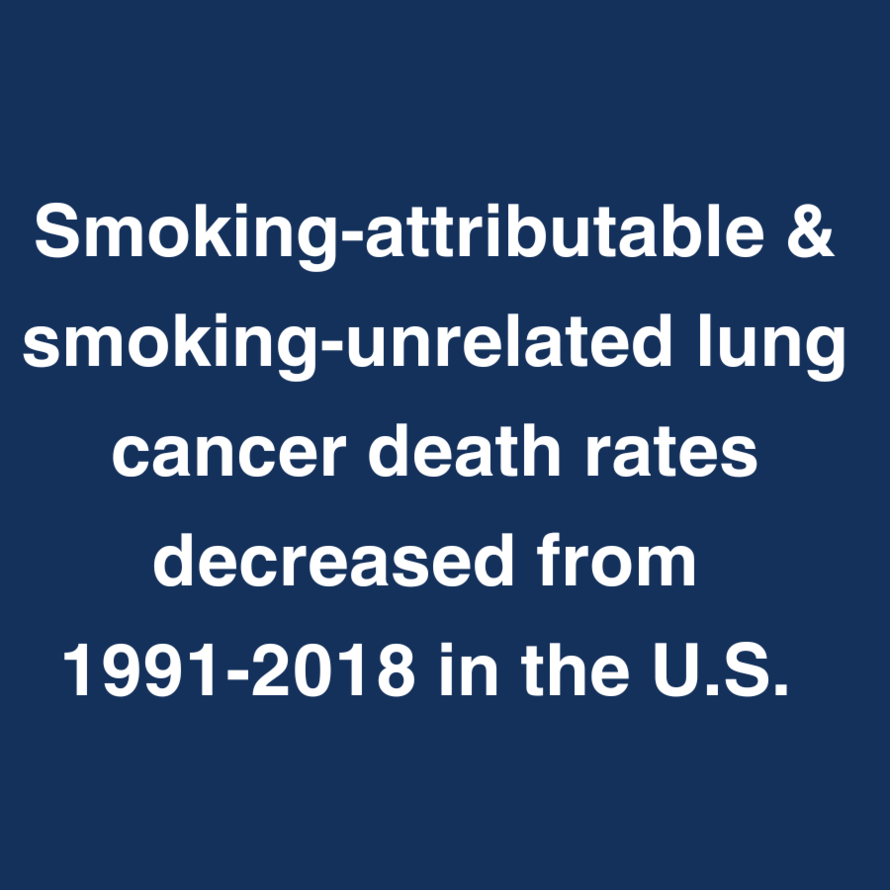Lung
DCEG researchers conduct studies on lung cancer. Studies include:
-
Alpha-Tocopherol, Beta-Carotene Cancer Prevention (ATBC) Study
A longitudinal study of male smokers in Finland, the ATBC Study sought to evaluate the long-term effects of vitamin supplementation on cancer incidence (lung and other cancers), and on overall and cause-specific mortality.
-
Diesel Exhaust in Miners Study (DEMS)
In March 2012, the National Cancer Institute (NCI) and the National Institute for Occupational Safety and Health (NIOSH) completed a retrospective cohort mortality and nested case-control study of 12,315 workers at eight non-metal mining facilities to investigate risk of lung cancer in relation to quantitative measures of historical exposure to diesel exhaust, after taking into account smoking and other lung cancer risk factors. DEMS II, launched by the NCI in 2016, extends the follow-up of the original cohort by an additional 18 years and expands the nested case-control study of lung cancer by conducting interviews with next of kin for all newly identified lung cancer deaths and matched controls.
-
EAGLE - Environment And Genetics in Lung cancer Etiology
EAGLE is a large, multicenter, population-based molecular epidemiology case-control study of lung cancer with a major biospecimen component conducted in the Lombardy Region of Italy from 2002-2005.
-
Indoor Air Pollution and Lung Cancer in Asia
About half of the world’s population is exposed to smoke from heating or cooking with solid fuels. This study investigates the role of indoor air pollution from solid fuel use on lung cancer risk in non-smoking women.
-
Jiyeon Choi Laboratory
Dr. Choi's lab focuses on understanding genetic susceptibility to lung cancer and aims to identify new genomic loci associated with lung cancer in diverse populations. The lab further identifies functional variants and affected genes from these loci using functional genomics approaches and characterizes susceptibility gene functions in cell-based systems to further identify the cellular and environmental contexts in which susceptibility genes are functional. Dr. Choi’s group also works on building transcriptomic/epigenomic resources from diverse populations.
-
DICER1 Natural History Study
Children and adults with mutations in DICER1 are at increased risk for a variety of cancers, including pleuropulmonary blastoma (PPB), a rare tumor of the lung. The DICER1 Natural History Study is an observational study of children with PPB and other tumors and their families.
-
Prostate, Lung, Colon, and Ovary Prospective Study
A large cohort study of etiologic determinants of cancer carried out within an NCI trial for the evaluation of screening procedures for the early detection of prostate, lung, colon, and ovarian cancer (the PLCO Trial) at 10 U.S. screening centers
-
Residential Radon Exposure and Risk of Lung Cancer in Missouri
A case-control study of lung cancer and residential radon exposure in which investigators carried out both standard year-long air measurements and CR-39 alpha detector measurements (call surface monitors)
-
Sherlock-Lung: Tracing Lung Cancer Mutational Processes in Never Smokers
A comprehensive study that aims to trace lung cancer etiology in never smokers by analyzing genomic data in tumor and surrounding lung tissue.

